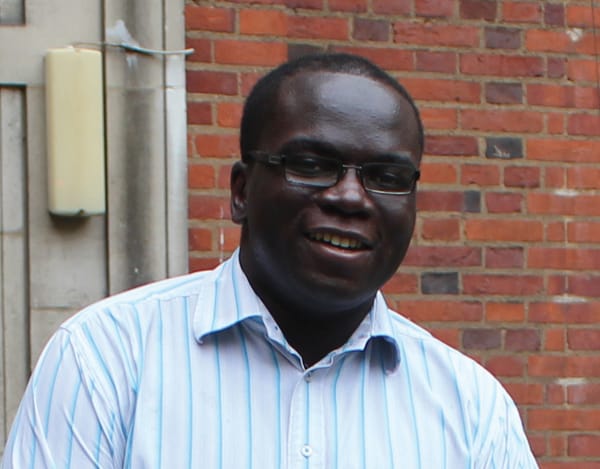How can academic institutions prevent future scientific farce and outrage?
After the sentencing of Gary Bolton, the man who had been caught selling fake bomb detectors to governments worldwide, comment editor Eoghan Totten wonders how the world's scientific minds could join to prevent this from occurring again.

On August 20th 2013 Gary Bolton was dealt a seven year prison sentence for the sale of fake bomb detectors. His chief crime was classed as fraud, having pocketed up to £10,000 per unit.
His offence is dwarfed by the excesses of fellow Briton James McCormick, who globally distributed a similar implement in countries such as Niger, Thailand, Saudi Arabia and, most crucially, Iraq. In addition to claiming absolute infallibility in its capability to detect explosives it was cited that the device could also detect ivory and $100 bills. One immediately finds it hard to deduce a common scientific thread between these objects. Indeed it seems hard that Q at MI6 would be hard pushed to produce such a device.
This outrage poses a perennial question: How could the activities (and their far-reaching consequences) of Gary Bolton and James McCormick have proceeded uninhibited for such an extended period of time?
In the context of Iraq, McCormick was able to line the pockets of senior officials with bribes. The Iraqi Government invested $85 million in the fake ‘ADE’ detector units, which were enmeshed into first lines of defence at Baghdad checkpoints during the recent conflict. Noting the 1,000+ Iraqis who lost their lives in bombings in the grim years of 2008-2009 one cannot help but feel repulsed. The most unnerving aspect of the whole debacle is that it remained under the radar of British and American Intelligence. Indeed it required the investigative journalism of BBC Newsnight, who uncovered the farce by consulting Cambridge Computer Laboratory regarding the ‘Brass Card Reader’, to alert British Intelligence in 2010. The UK Government then proceeded to prevent any future exports.
What principally stands out to me from all of this is the absence of any overarching authority (national of global) tasked with screening for, or prevention of, scientific farce and calamitous business enterprise. It may have been possible that many isolated individuals (or groups thereof) had their suspicions and yet had nowhere to turn to allow for effective action.
One possible strategy to tackle the issue might be creation of a screening network strongly linked to universities and other academic institutions. The pathway to success with this approach would be twofold. The primary (and most evident) advantage would be the high skill base of any associated scientist working on the project. The second advantage lies in the interconnectivity of Universities across the planet. Imperial College is a prime example of an institution deeply embedded in an academic web spanning continents. With partners ranging from University of California to Zhejiang University in China it is afforded a panoramic view on innumerable matters. Using an international approach, such as that aimed at cyber threats, the strategy might just prove feasible in intercepting, curbing and preventing shoddy business practices which, as shown, can cost lives.
A university-based network would also have the capacity to be both ethical and impartial, being distanced from the sway of economics, foreign policy and political conflict (more so that a Governmental) approach.
Such undertakings could be extended to scientific anathemas other than those classed as blatantly illegal or fraudulent. Perhaps one day the effective action of Universities, in an advisory role to Government, could prevent the pollution of the River Ganges by leather tanneries, the sale of cigarettes to children in Indonesia…prevent future death by warfare. Whatever the future holds, the fake bomb detector scandal highlights the role of science as the principal mechanism in preventing business based on laughable, yet equally chilling, farce.





